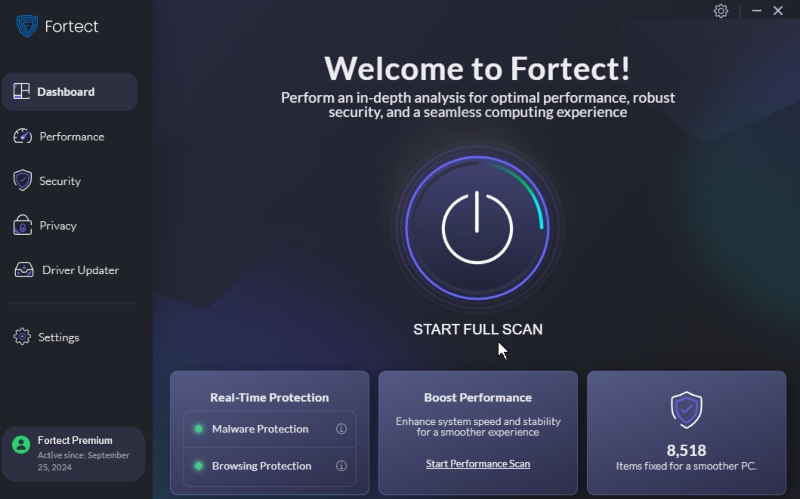How to Prevent Eavesdropping Attacks on Windows PC
Eavesdropping attacks have become a significant concern in an era where online communication is a cornerstone of daily life. These attacks allow cybercriminals to intercept private conversations and data, potentially leading to severe privacy breaches. Understanding how eavesdropping works and how to prevent it is essential for maintaining the security of your Windows PC.
What is Eavesdropping and How Does it Work?
Eavesdropping is a type of cyberattack where unauthorized parties intercept and listen in on private communications. This can occur through various methods, including exploiting vulnerabilities in network security, intercepting Wi-Fi signals, or using malware to gain access to your device.
Consequently, the attacker can capture sensitive information such as passwords, credit card details, and confidential data
conversations without the victim’s knowledge.
How It Works:
- Network Interception: Attackers can intercept data transmitted over unsecured networks.
- Malware: Eavesdropping malware can be installed on your device, allowing attackers to monitor your activities.
- Wi-Fi Exploitation: Unsecured or poorly secured Wi-Fi networks are common targets for eavesdropping attacks.
7 Ways To Prevent Eavesdropping Attacks on Windows PC
Preventing eavesdropping attacks involves a combination of solid security practices and awareness. Here are the key steps to protect your Windows PC from these invasive threats.
Avoid Suspicious Links

One of the easiest ways for attackers to access your system is through malicious links. Always be cautious when clicking links, especially those in unsolicited emails or messages. If a link seems suspicious, don’t click on it. Instead, verify the source or delete the message altogether to prevent potential malware from being installed on your system.
Implement Robust Authentication
Robust authentication methods are vital for securing your Windows PC against eavesdropping attacks. Use complex passwords and enable multi-factor authentication (MFA) wherever possible. MFA adds an extra layer of security by requiring a second verification form, making it harder for attackers to access your accounts.
Use a VPN

A Virtual Private Network (VPN) encrypts your internet connection, making it much more difficult for attackers to intercept your data. By using a VPN, especially when connecting to public Wi-Fi networks, you can protect your online activities from eavesdropping. Ensure you choose a reputable VPN service with strong encryption and privacy protections.
Keep Your System Up to Date

Regularly updating your Windows operating system and software prevents eavesdropping attacks. Updates often include security patches that fix vulnerabilities that attackers could exploit. Enable automatic updates on your PC to ensure you’re always protected against the latest threats.
To check if your Windows system is up to date, go to Settings > Windows Update > This is where you can find out if you have an updated OS. If not, click on the check for updates button or install an update next to the status of your Windows OS.
Practice Cybersecurity Awareness
Awareness of the latest cybersecurity threats and how to avoid them is critical to preventing eavesdropping attacks. Educate yourself and others about the dangers of eavesdropping and the importance of safe online practices. Staying informed can help you recognize potential threats before they can cause harm.
Download Software from Official Websites

Only download software from official websites or trusted sources. Third-party websites can host malicious software disguised as legitimate programs, which could lead to eavesdropping. Before downloading any software, verify the site’s authenticity and check for security certificates.
Monitor Network with Automatic Security Tools
Using automatic security tools to monitor your network can help detect and prevent eavesdropping attacks like Fortect.
These tools can alert you to suspicious activity and provide real-time notification and protection against threats.

Fortect Premium automatically scans your PC for threats like eavesdropping and other malware. Once it identifies the issue, it will notify you and remove the danger, making your Windows PC secure.
Download and install Fortect now.
Conclusion
Eavesdropping attacks pose a significant threat to your privacy and security, but following the preventive measures outlined in this guide can protect your Windows PC from these dangers. Stay vigilant, update your software, and practice safe online habits to secure your personal information. Taking proactive steps can significantly reduce the risk of falling victim to eavesdropping attacks.




